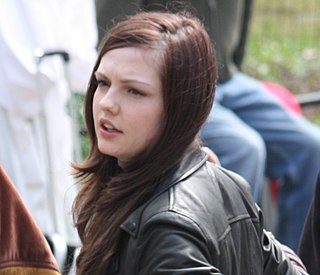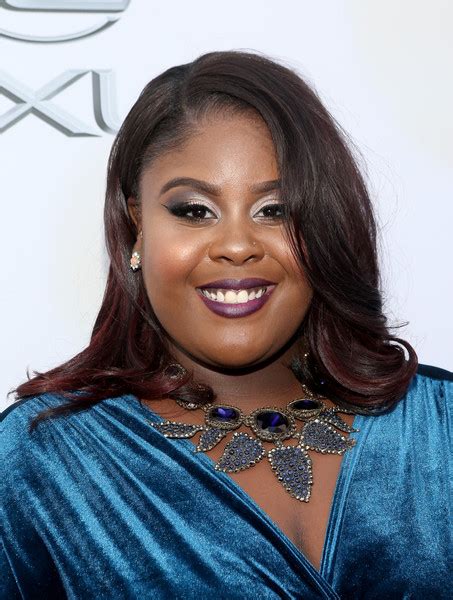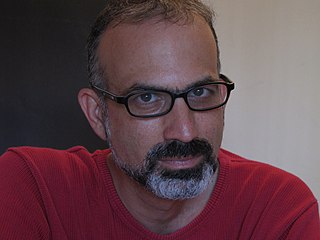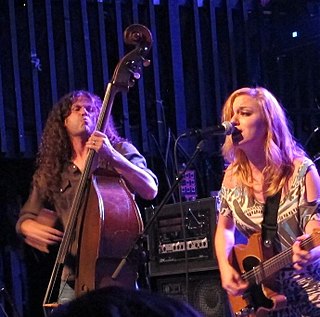A Quote by Emily Meade
People are apprehensive about finding 'The Leftovers' funny because it's such a dark circumstance, but I think, really, what the show is about is examining how different people deal with loss. There are elements of humour and levity and irony in that... just like in real life.
Related Quotes
You hear people talking about a Scottish sense of humour, or a Glaswegian sense of humour, all sorts of countries and cities think that they've got this thing that they're funny. I read about the Liverpudlian sense of humour and I was like, 'Aye? What's that then?' You get that and you especially hear about a dark Glaswegian sense of humour.
Well, I think tone is very important with this show [Masters of Sex] because there are certain elements or certain aspects to the show that may be reminiscent of other shows. But, it really is a very new kind of show, in terms of the subject matter and the way it's being dealt with, and the fact that it's about real people and real events.
Irony won't save you from anything; humour doesn't do anything at all. You can look at life ironically for years, maybe decades; there are people who seem to go through most of their lives seeing the funny side, but in the end, life always breaks your heart. Doesn't matter how brave you are, or how reserved, or how much you've developed a sense of humour, you still end up with your heart broken. That's when you stop laughing.
I think it's the strange irony that we make all these life choices before we're 40, because really we shouldn't make any until we're 40. It almost feels like you get a software upgrade and you start to experience life in such a different way, because you just don't suffer fools, you go straight for what means something and what feels good, and you stop caring about pleasing other people.
I think we need to have stories about women that don't necessarily fit the trope of the classic woman, because they do exist. We have to show real life on TV and film. And we don't. We only see maybe 5 percent of what real people are really like. I mean, movies set in Los Angeles that don't have any minorities in them - how does that happen?
Irony is about contradictions that do not resolve into larger wholes, even dialectically, about the tension of holding incompatible things together because both or all are necessary and true. Irony is about humour an serious play. It is also a rhetorical strategy and a political method, one I would like to see more honoured within socialist-feminism.
"On Script" is one of my favorite songs I've ever written. I'd just been jamming on it one day, and again I was struggling with lyrics. I'm still figuring out what it's about. I've seen a couple of reviews that are like, "It's about the monotony of playing the same songs every night," because I say, "On script every night/Like a well-rehearsed stage show." It's not about that at all, but I find that funny, how people project what they think about me, or songwriters in general.
My first AIDS campaign was in 1985. There was this dark cloud, everybody was socially inspired - we hadn't seen social consciousness like that since the '60s - but most people were talking about hunger in Africa. Nobody was talking about this really ominous circumstance here in the U.S. because of this fear of stigma.
When I do interviews, sometimes I'll just be like "Why the hell did I say that?" because after I hang up the phone I realize there were so many things I could have said, but my brain just goes on lockdown. There's something about having conversations with people that's so much different from just singing and playing guitar. And I think a lot of people are actually performers because of that. I can't really explain why. It's like just the only chance you have in life to feel really good and outgoing.




































